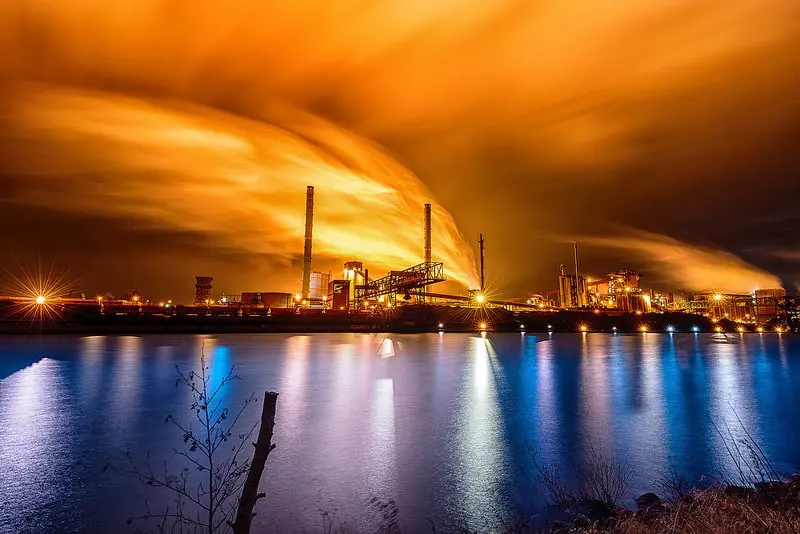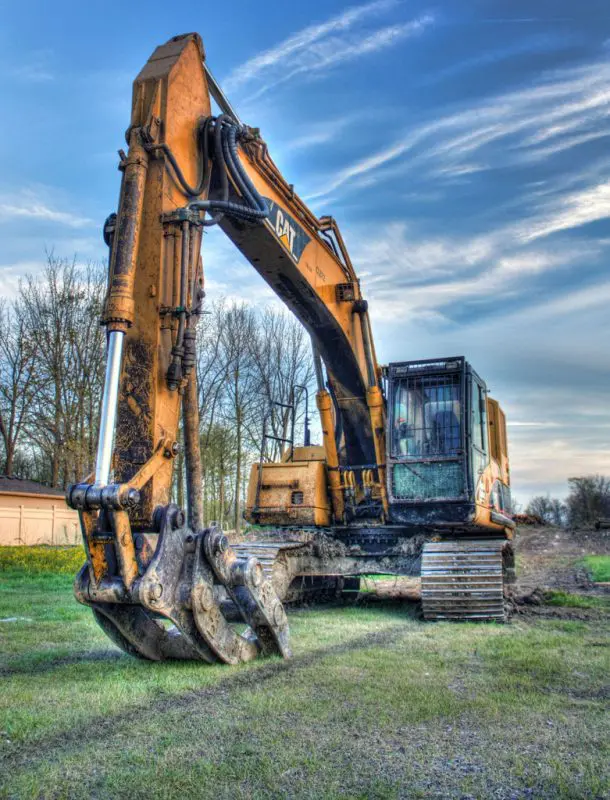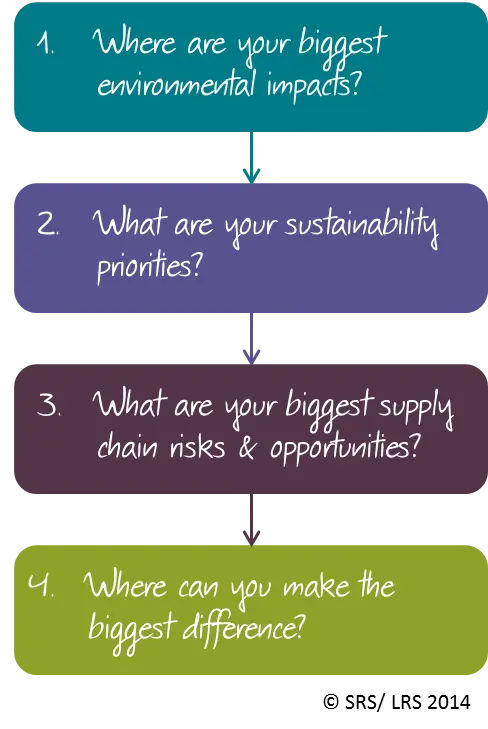What is the value of carbon footprinting? Why should I carbon footprint our business, products, activities or constructions? Why should I do an embodied carbon assessment? These are the questions we face almost daily. The reply is now: “Reducing carbon reduces costs” A bold claim indeed. It’s a claim that would normally be met with […]
Category Archives: Blog
Guest blog by Kurt Rhyner, EcoSur Network It is the goal of most aid projects and the dream of donors. Is it possible to change a situation when immediate action is needed? Some 40 years of hands-on management in post-disaster situations in poor countries have taught me that it is possible to induce steps towards […]
The referendum on the UK’s membership of the EU sent shock waves around the world. The decision to leave the EU has strong implications, but these implications are yet to be understood. It could impact the economy, society and of course, the environment. In regards to the environment, we can at least ask – what […]
Many businesses are now working hard to reduce the impacts of their operations, their services and/or their products. As part of this, every employee has an important role to play. Even if your company isn’t taking action to reduce their environmental impacts, to cut their carbon footprints or to improve their resource efficiency there are […]
Blog by Dr Stephen Allen In the UK, we appear to have significantly reduced our impact on the climate since 1990, with our reported annual greenhouse gas emissions falling by 25% (2012). But this isn’t a complete picture of our contribution to climate change, because it ignores the embodied carbon of all the stuff we import. […]
There comes a time in the life of every building where extensive refurbishment is required. For many a building this seems to bring with it thoughts of starting again – essentially to demolish and ‘rebuild’. The normal practice in modern times seems to be the preference to demolish and replace. Whereas conservationists naturally prefer to […]
On Saturday 21 March Dr Stephen Allen of Circular Ecology is giving a talk on the embodied carbon of building materials to the annual conference of the National Society of Master Thatchers. Steve will give an overview of carbon footprinting and what it can be used for, and illustrate this through the results of an […]
In 1997 the Kyoto Protocol was born. It was the first international agreement of its kind, a revelation that would stabilise greenhouse gas concentrations in the climate to “prevent dangerous anthropogenic interference with the climate system”. Flash floods, rising sea levels, record droughts and extreme weather would all to be resigned to the books of […]
Blog by Dr Stephen Allen, Circular Ecology and Elanor Swan, LRS Consultancy We recently spent a fascinating morning at the RSA with a group of business leaders from the clothing industry talking about creating sustainable clothing supply chains. Our discussions showed that, whilst the industry is taking action to become more sustainable, levels of progress […]
Water, water – water everywhere. Such an essential resource and yet one that is so massively undervalued. So much so that water is considered cheap and dispensable, whereas gas, oil and electricity are considered expensive and valuable. But let’s ask this one simple question: “Would you prefer to go a month without a gas supply […]









